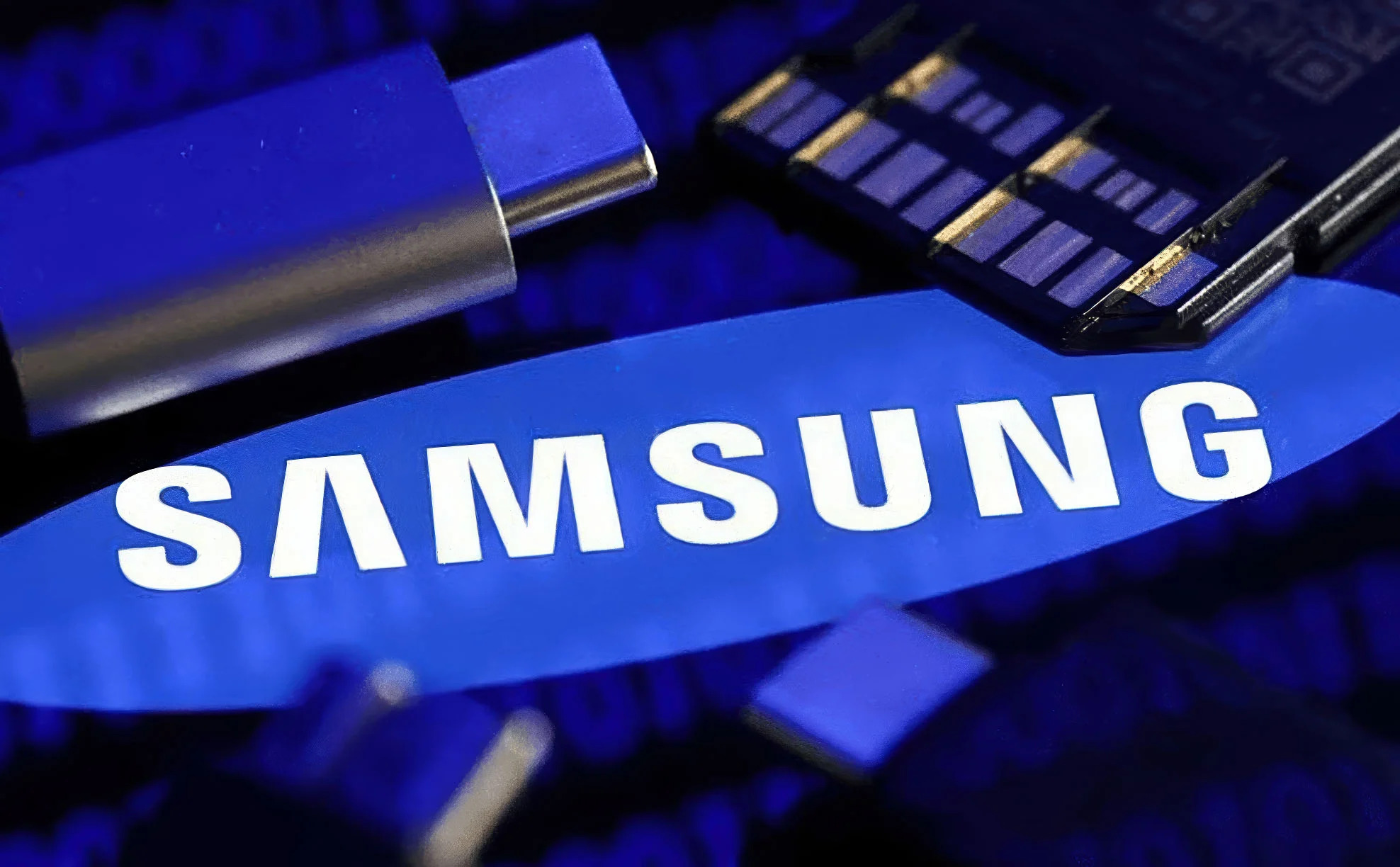It seems that not only Intel but also the Korean company is struggling with chip manufacturing plants. Although it is not official information, a series of documents that Business Korea has inadvertently obtained show a fierce “undercurrent” within the internal affairs of this leading conglomerate in the Land of the Morning Calm. With the title “Geopolitical Paradigm Shift and Industry” released by the auditing unit (Samsung Securities) last July, the South Korean giant is struggling to improve the performance of its 3 nm GAAFET line as well as trying to retain its customers.
The audit report indicates that in 2024, the chip foundry unit along with LSI incurred a loss of 500 billion KRW (approximately 385 million USD). The 3 nm performance is less than 20%, so much so that even producing the Exynos 2500 chip for their own “family” is not achievable. This greatly affects the product roadmap of many other units. Of course, the 2 nm process is also facing a more uncertain future than ever. Not long ago, there was information that this chaebol name was about to make large-scale layoffs globally.
But whether we say little or a lot, we need to look back; the semiconductor race is truly more intense than ever. Among all the semiconductor foundries in the world today, only three names—Intel, Samsung, and TSMC—have processes at 5 nm and below (SMIC could be the fourth company if not banned from imports). The remaining names like UMC, GlobalFoundries… most have given up the game and only process chips at the 14 nm level and below. Thus, anyone among the first three names “running out of steam” will make the market more extreme. Currently, only TSMC maintains its “form” and almost monopolizes this game. Intel recently showed relatively positive signals with the Intel 18A process (equivalent to TSMC N4/N5) and may receive many orders starting next year.
Returning to the South Korean company, Samsung Securities added salt to the wound for Samsung Foundry with the following remark: “Due to the nature of the foundry business requiring closer relationships with customers, actively localizing production, such as building additional factories in the U.S., is essential.” What if we cut out the manufacturing segment and sell it in the U.S.?
It is expected that by October 24, Samsung Electronics will hold an extraordinary meeting to reassess its semiconductor manufacturing segment. Which firewood will go into the oven? Please wait for the next episode.

